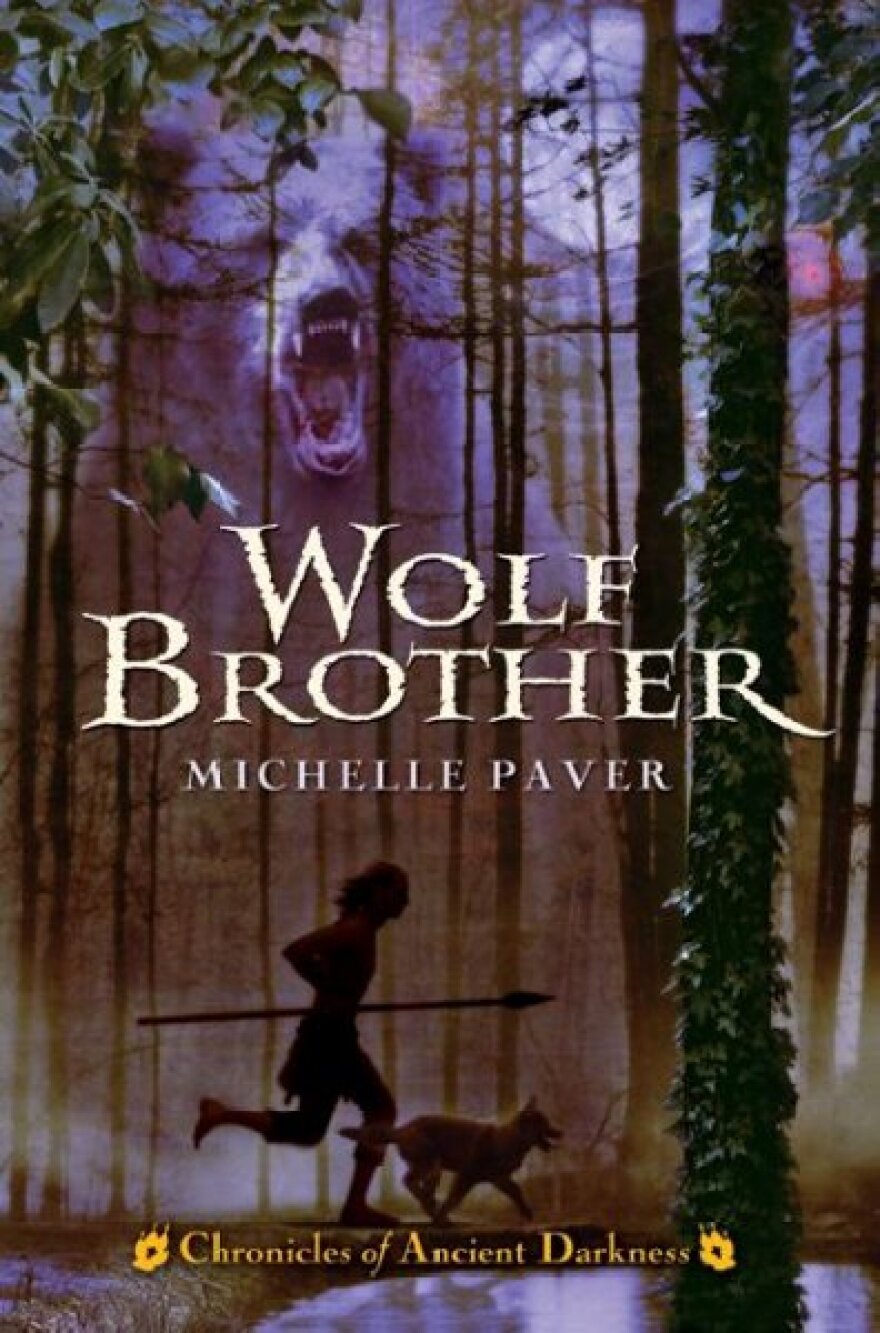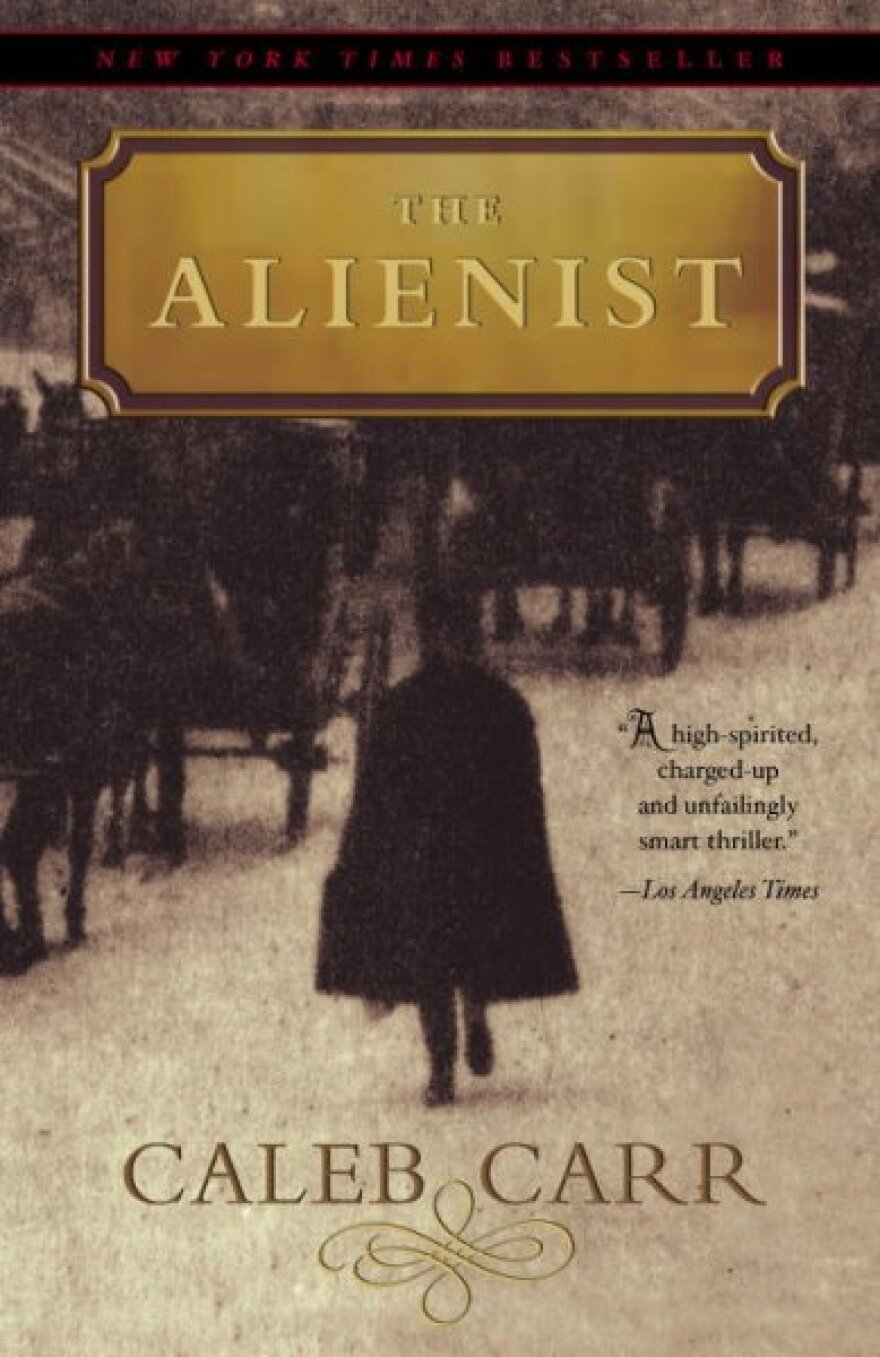J.D. Salinger famously refused to sell the film rights to The Catcher in the Rye, saying it was "unactable." It's true the subtleties of such great novels can get lost in translation. But I thought I'd take a look at three of my favorite novels that have never made it to the multiplex in wide release. Each of these will transport you to another time and another place.
Copyright 2024 NPR. To see more, visit https://www.npr.org.
Three Books That Should Be Movies
Wolf Brother

by Michelle Paver
My first choice for a movie makeover would be Michelle Paver's Wolf Brother. It's one of those children's books that transcends the genre and has been equally lauded by adults. Set in the era of early man, and with a subtle hint of magic thrown in, the first book in her Chronicles of Ancient Darkness series introduces us to Torak. Young and fatherless, he befriends a wolf cub and — you guessed it — the cub speaks English.
Together they go on an epic journey that takes them through dense forests and over desolate, frozen landscapes. What a great prehistoric road movie this would surely make. I'm not the only one who'd bet it would be a box office hit, either. Twentieth Century Fox has bought the entire rights to the series, but the project has been "on ice" for several years. Let's hope it thaws out soon.
The Alienist

by Caleb Carr
Of course great film adaptations don't have to involve sweeping vistas and a cast of thousands. Novels that evoke the urban landscape can be equally cinematic. Take Caleb Carr's The Alienist, for example, set in 19th- and early 20th-century New York. The camera would surely love to follow the progress of reporter John Moore and Dr. Laszlo Kreizler as they, together with a secret forensic team, investigate a string of gruesome serial murders.
We'd accompany them into the squalid immigrant districts filled with tenements and narrow staircases. Just think of the great chase scenes down all those dark alleyways in the poorest neighborhoods of the Lower East Side. Contrast this with the ostentatious wealth of Fifth Avenue mansions inhabited by the likes of the real-life banker J.P. Morgan, and you have a surefire Hollywood blockbuster.
Sacred Hearts: A Novel

by Sarah Dunant
From 19th-century America, we travel to Renaissance Italy and the city of Ferrara, the setting for Sarah Dunant's Sacred Hearts. How the camera could feast on that divine architecture hovering seductively over the lush landscape surrounding this northern Italian gem. It would make a stunning backdrop to the gripping tale of a 16-year-old novice who enters a convent against her will, leaving the man she loves behind. Dunant's masterful prose re-creates a cruel and rigid world, and there are many moments of high drama — religious visions, fasting, self-flagellation and even a stigmatic nun. Ultimately, however, Sacred Hearts is a story of the triumph of the human spirit, where love wins the day.


